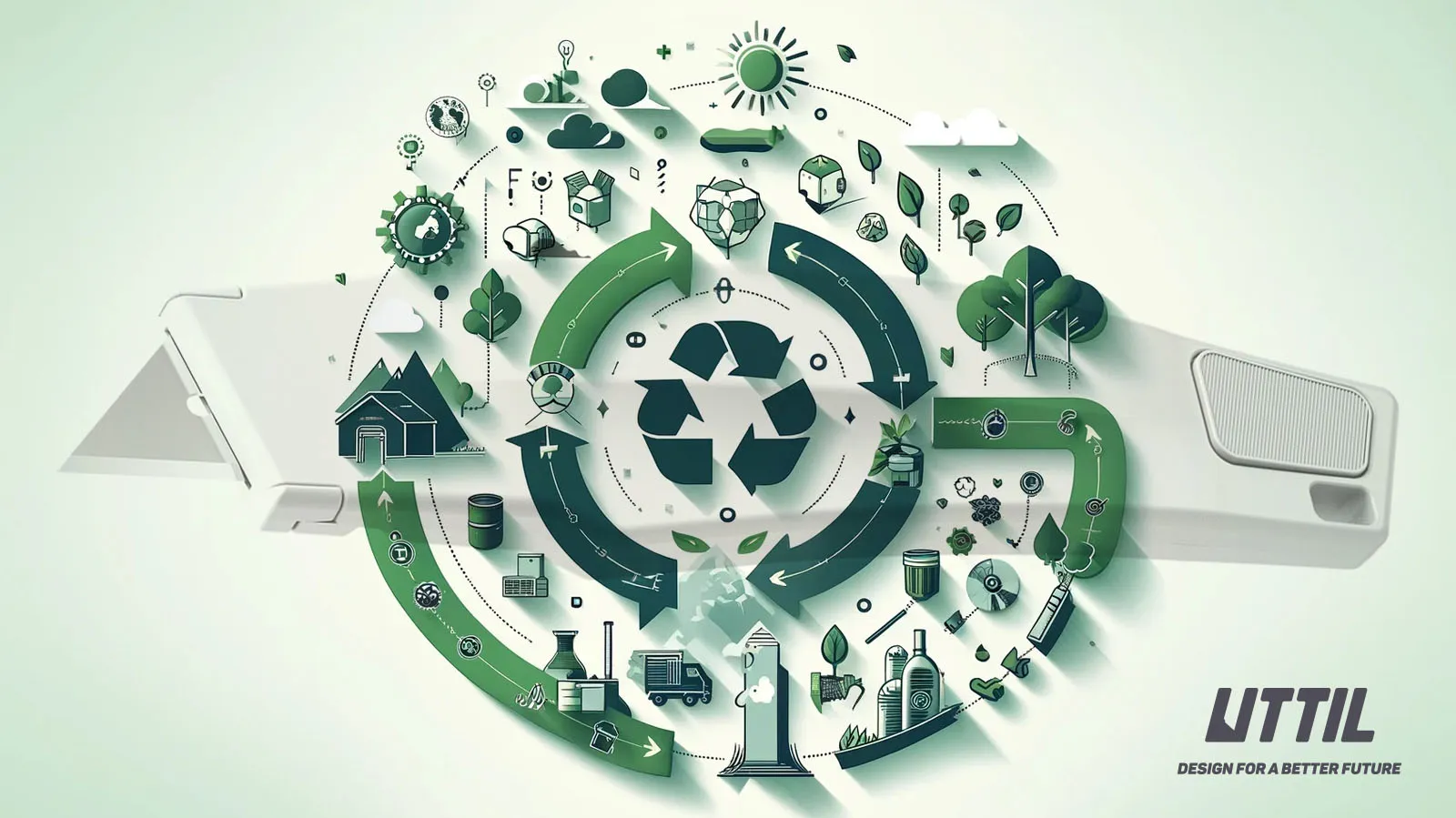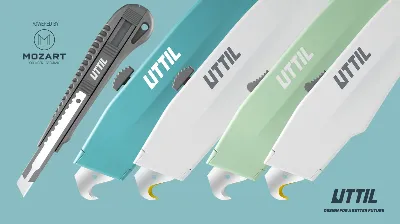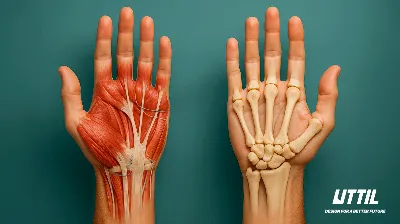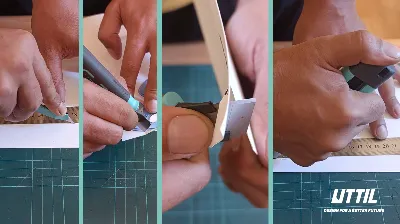UTTIL's Role in Supporting Circular Economy in Hand Tool Manufacturing
UTTIL's Role in Supporting Circular Economy in Hand Tool
Manufacturing
In today's world, the circular economy is a model for
sustainable production that promotes environmental stewardship and economic
flexibility. UTTIL is a company in the hand tool industry that is
developing sustainable practices.
Adopting Circular Economy: The circular economy aims to
eliminate waste and promote the continuous use of resources by closing energy
and material cycles. This goal can be achieved through sustainable material
choices, long-life design, maintenance, repair, reuse, remanufacture, refurbishment
and recycling. UTTIL creates structural adjustments in its production
and products to support the circular economy:
Sustainable Material Choices: UTTIL has taken
significant steps in sourcing sustainable materials that are durable and
environmentally friendly. Using recycled metals and biodegradable polymers in
the hand tools it manufactures ensures that each product's environmental impact
is reduced. These materials are easily recyclable. However, UTTIL,
sensitive to preventing plastic pollution, has a severe policy to minimise the
petroleum-based plastics used in its products. Within the framework of this
policy, it closely follows the developments in the material world and has
started to use non-permanent, durable bioplastics in its products. On the other
hand, by using natural fibres, it has developed products that can reduce the
amount of petroleum-based plastics used in production by up to 40%. UTTIL
aims to withdraw petroleum-based plastics from output at the highest level or
even entirely by closely following the developing materials.
Product Design and Longevity: Durability is at the centre
of UTTIL's product design philosophy. Each tool is designed to last a
long time, reducing the need for frequent replacement and thus reducing waste. UTTIL
also makes every improvement necessary to ensure that all materials it uses are
recyclable and do not harm people and nature. Hence, it aims to recycle the
products that have completed their service life so that their materials can be
reused.
Efficient Production Processes: UTTIL uses production
techniques that minimise waste. Its facilities are optimised for energy
efficiency, and waste materials from production are recycled for reuse. This
approach significantly reduces the environmental impact of production
processes.
Efficient Resource Management: UTTIL takes a proactive
approach to managing production waste, ensuring that sustainability is
interwoven into every aspect of its production processes. UTTIL has
implemented a robust system whereby production residues are either reintegrated
into the production cycle or disposed of in an environmentally sound manner.
This method minimises waste while at the same time ensuring that the quality of
hand tools is not compromised. By recycling materials at source, UTTIL
reduces the need for new raw materials and lowers its overall environmental
impact. This in-house recycling method emphasises UTTIL's commitment to
circular economy principles and demonstrates how industrial waste management
can be both sustainable and economically viable.
Consumer Engagement and Education: Recognising that
consumer behaviour is critical to the circular economy, UTTIL prepares
for and invests in comprehensive consumer education programmes. These
initiatives provide consumers with a straightforward education on proper tool
maintenance, recycling processes, plastic pollution, and the circular economy's
benefits.
Impact on Consumers and the Environment: For consumers, UTTIL's commitment to a circular economy means cost-effective, high-quality products compatible with environmentally conscious values throughout their life cycle. By reducing waste, lowering carbon emissions and conserving resources, UTTIL is helping to lighten the ecological footprint of the hand tool industry.
Integrating circular economy principles into
production is not a trend but is necessary to move forward. Rather than being a
benchmark, UTTIL's proactive behaviour demonstrates the tangible
benefits of such practices. For other companies looking to make a difference, UTTIL's
model offers a replicable blueprint for success in sustainable manufacturing.








